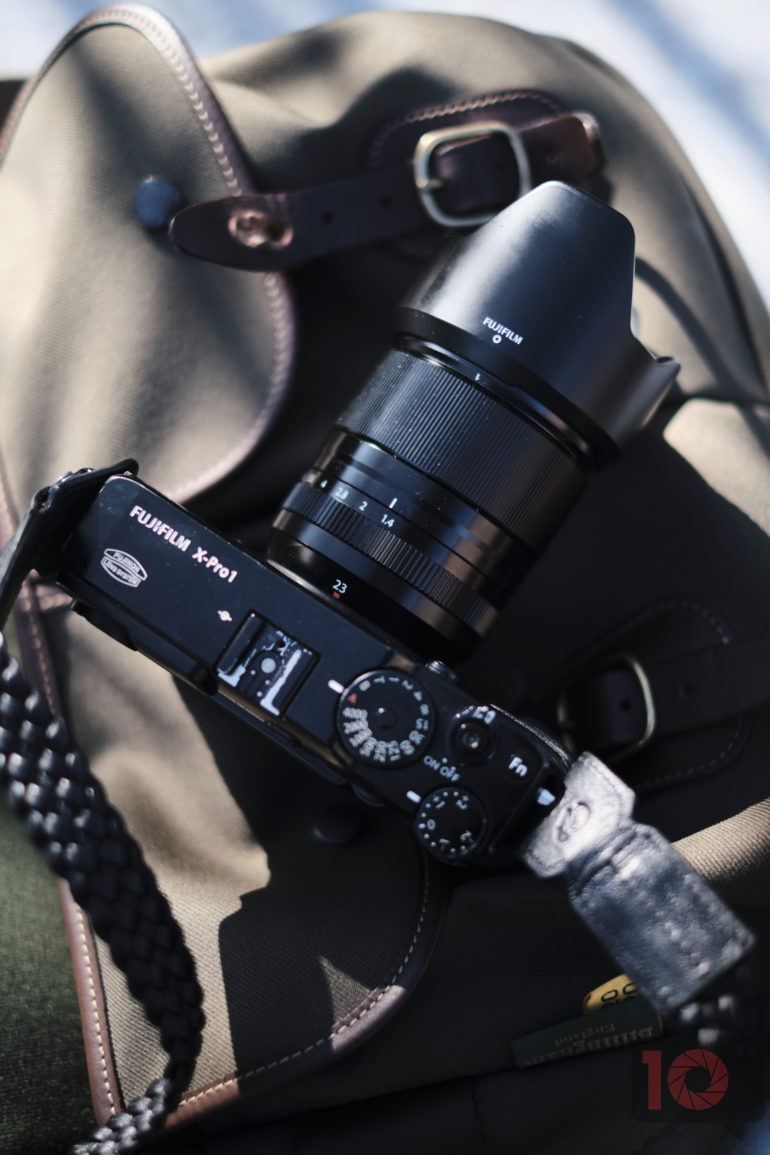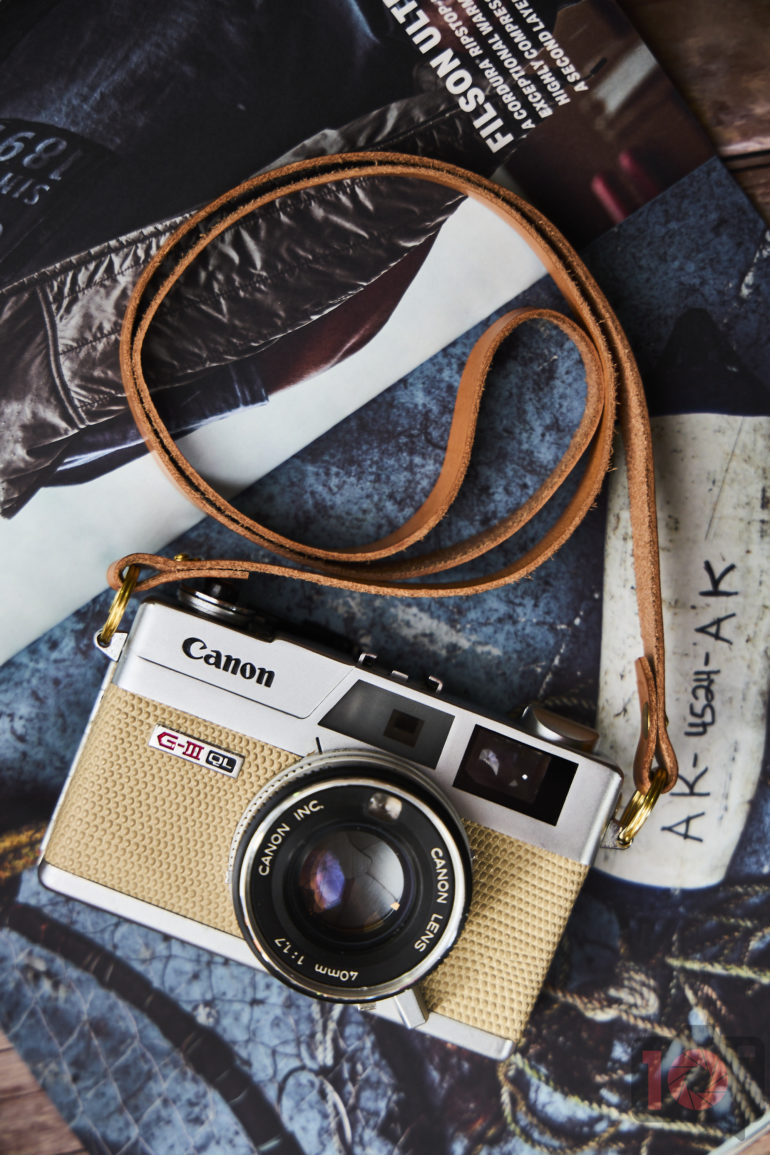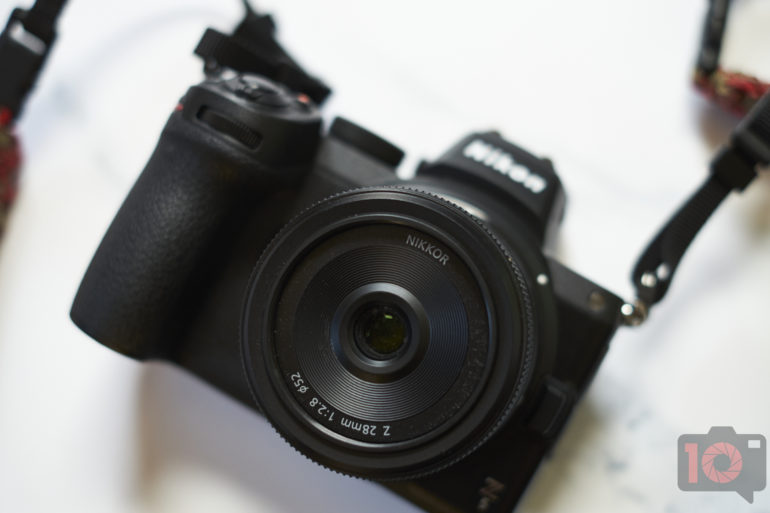
If there’s ever something that annoys photographers, it’s photo theft. Was your photo used without permission? Is it being used commercially or as part of a piece of artwork? Trust us, we know. It never feels good. And if you’re confused about what to do, we’ve got a bit of a walkthrough for you right here.
What’s the Use Case
First off, this is something photographers are more afraid of than they should be. But the reality is that you have to create work and photography so good that people want to steal it. That’s the biggest way to know if you might be a victim here. How do you know what someone will want to steal? Will your photo be used without permission? Well, ask yourself the following questions:
- Why would someone want to steal or use your work?
- What would it be used for?
- Is it unique?
- Why would they take your work over someone else’s?
In reality, your image of a butterfly that everyone else has created probably won’t be stolen. If there’s something incredibly unique about that image compared to others out there, that’s different.
Then you need to consider the use case. There are commercial reasons for images being used and non-commercial reasons.
Non-Commercial Use
Non-commercial use typically falls into two categories but can be more. There is educational use and fair use. These are the biggest reasons to get annoyed. Was your photo used without permission for one of these things? Well, they’re something to look at. But before we do that, we’re going to talk about the more common use: I’d like to call this negligible cause. Here are some examples:
- Using your photo to create a meme when they’re a non-commercial entity or business.
- Using your photo to illustrate a point on social media when they’re a non-commercial entity or business.
- Using your photo for personal artwork when they’re a non-commercial entity or business.
Generally speaking, you should be credited in a situation here. Some photographers would go as far as sending these folks an invoice for using the image. But if it’s just for personal reasons, I’d let it go.
You also need to prove that the image is yours in the first place. Do you have a government copyright on the photo? Can you otherwise prove it’s yours? Generally, it’s a great idea to export your images with your copyright data on them. Further, I’d also use a watermark. If you’re not happy with this, then go after them if you think it’s worth the lawyer fees. If it’s not, then just try to find other methods and communicate with them that your photo was used without permission.
Educational
Educational use of your image is when it’s generally being used for educational purposes within an established school or college of some sort. This means that, as far as taxation goes, they have to be a registered educational institution. If someone is using your images for a personalized workshop, that’s more of a commercial use. In that case, not only is your photo used without permission, but it’s also commercial.
I know our website is read by high schoolers, college students, and even used by teachers often in classrooms. It adds to our accredited status of being a thought-leader in this space. If the teachers are using the images we produce, then that’s educational use.
Fair Use
Fair use of images is where things get more complicated. There’s a fairly famous case of Esquire being accused of not following this and the court slamming them. We’re big on permission and securing it. We keep emails, documents, permission statements, etc. Still, it doesn’t mean we’re impermeable. No one is! The way lawyers have explained it to me before is that there generally need to be a critique of some sort for fair use to happen. I instruct staff to write 200 words or more about a photo and how it illustrates a point they’re making. Two hundred words is a lot for most people to write, but our journalists have ways to do that without being overly wordy.
Commercial Use
So what does commercial use mean? Basically, if you’re a business, everything you do is for commercial use. It doesn’t matter. Your point and existence is to generate revenue even if you’re a non-profit. Was your photo used without permission by a company on their Instagram feed? Well, that’s considered commercial use; and you can rightfully go after them. We’ve run into situations where photography retailers use our images without permission. We’ve also seen publications and other outlets do it too. In each instance, it’s totally worth it to talk to an attorney or lawyer. In some cases, you’ll probably only see a few hundred bucks. Generally speaking, you can message the thief directly and see what happens. If nothing happens, then use the law to get what you want. Again though, only pursue if you’ll actually make money from it.









